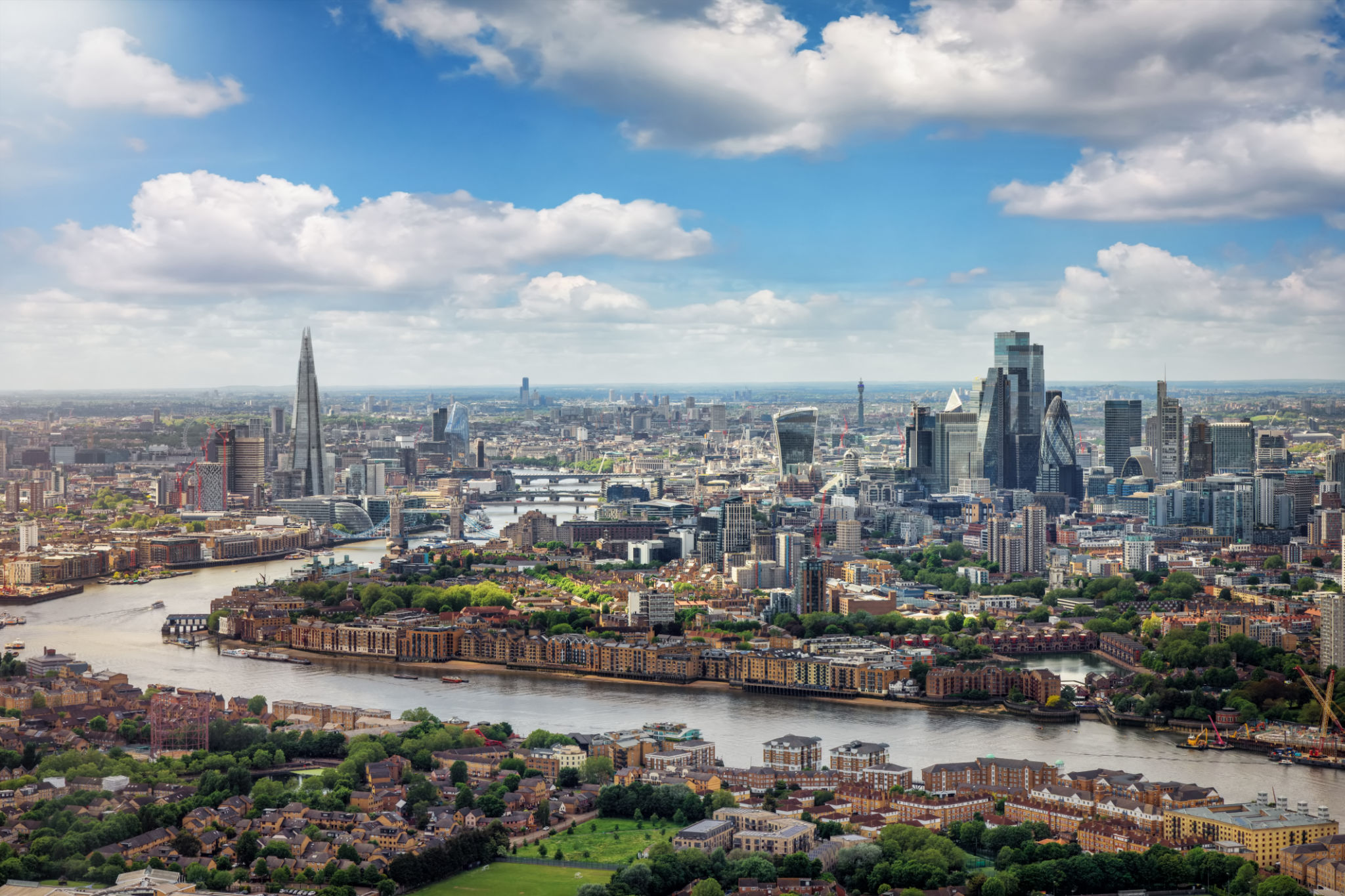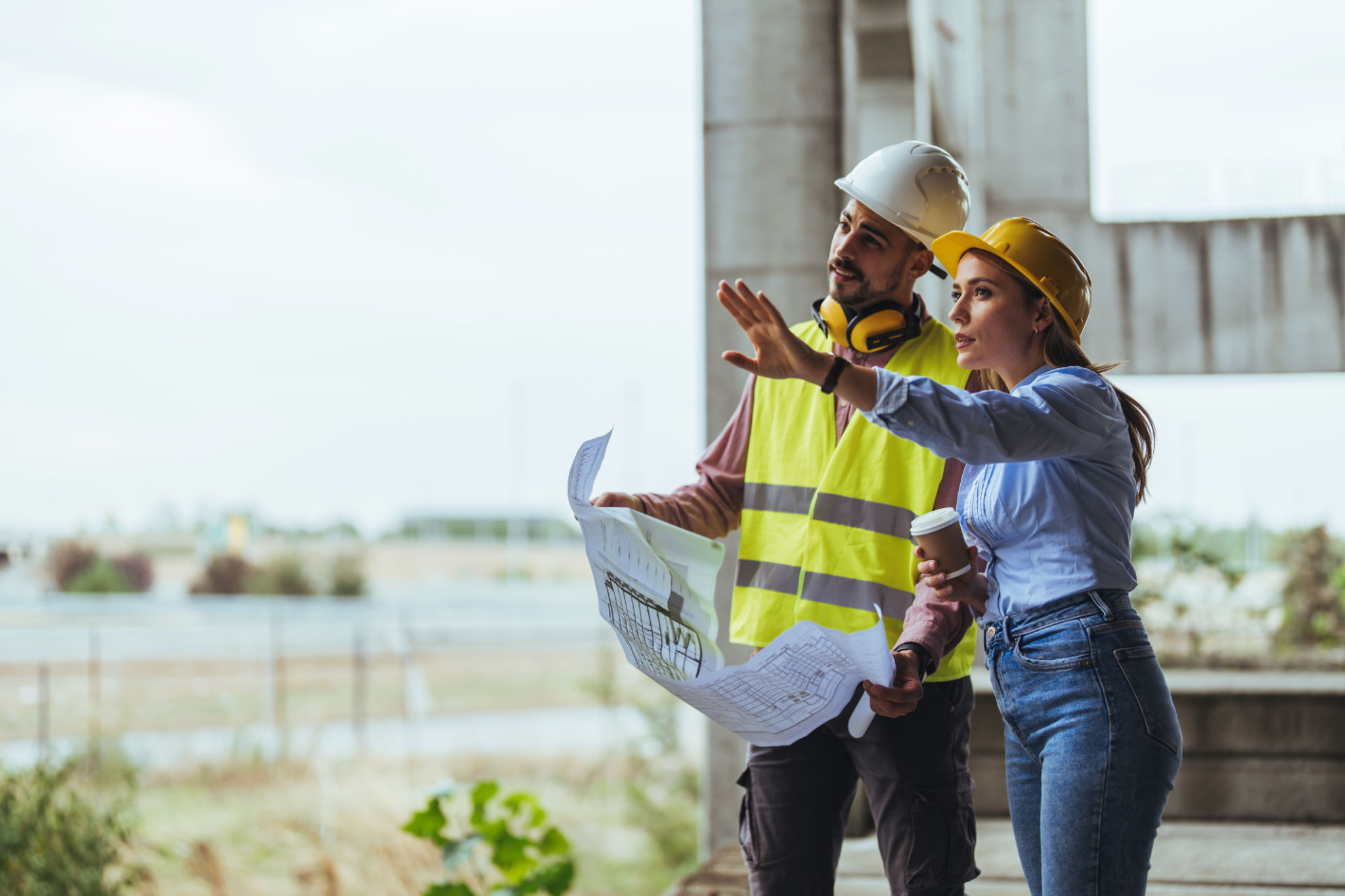Property Development in London: Navigating Planning Permissions and Regulations
Understanding Planning Permissions
Property development in London requires a deep understanding of the planning permissions and regulations that govern the city's diverse landscape. Securing planning permission is a critical step in any development project, as it ensures that the proposed changes adhere to local policies and contribute positively to the community. The process can be complex, but with careful preparation and knowledge, developers can navigate it successfully.
Before submitting a planning application, it is essential to conduct thorough research and engage with local planning authorities. This engagement can provide valuable insights into what is likely to be accepted and highlight any potential challenges early on. Understanding the local development framework and how it aligns with your project goals is crucial.

The Role of Local Councils
Local councils play a pivotal role in the planning permission process in London. Each borough has its own set of regulations and policies that must be adhered to, which can vary significantly across the city. Developers should familiarize themselves with these local guidelines to ensure compliance and improve the likelihood of approval.
Engaging with local communities and stakeholders is also beneficial. Building a positive relationship with the community can help mitigate objections and foster support for the development. Hosting public consultations or forums can be effective ways to gather feedback and address concerns.

Environmental Considerations
Environmental considerations are becoming increasingly important in property development. London has stringent sustainability standards that must be met, focusing on energy efficiency, waste reduction, and biodiversity. Developers should incorporate sustainable practices into their designs to align with these regulations and enhance the project's appeal.
For example, integrating green spaces, utilizing renewable energy sources, and implementing water-saving measures are all practices that not only comply with environmental regulations but also add value to the development. Paying attention to these details can make a significant difference in the planning approval process.

Addressing Heritage and Conservation Issues
London is rich in history, and many areas are designated as conservation zones or contain listed buildings. Developers must be particularly mindful of these heritage considerations when planning projects. Working closely with heritage officers and understanding the implications of developing in such areas is essential.
Incorporating historical elements into modern designs or restoring heritage buildings can enhance a project’s value and appeal, ensuring that the historical significance is preserved while meeting contemporary needs.
The Importance of Expert Consultation
Given the complexity of planning permissions in London, engaging experts such as planning consultants, architects, and legal advisors is often necessary. These professionals can provide invaluable guidance throughout the application process, helping to navigate obstacles and streamline submissions.
Additionally, their expertise can assist in preparing detailed proposals that address all necessary regulations and requirements, reducing the likelihood of delays or rejections.

Conclusion: Navigating Success
Property development in London presents unique challenges due to its intricate planning permissions and regulations. However, by thoroughly understanding local guidelines, engaging with communities, considering environmental impacts, respecting heritage sites, and seeking expert advice, developers can navigate these complexities successfully. Ultimately, well-planned developments contribute positively to London's urban landscape, offering both financial rewards and community benefits.
